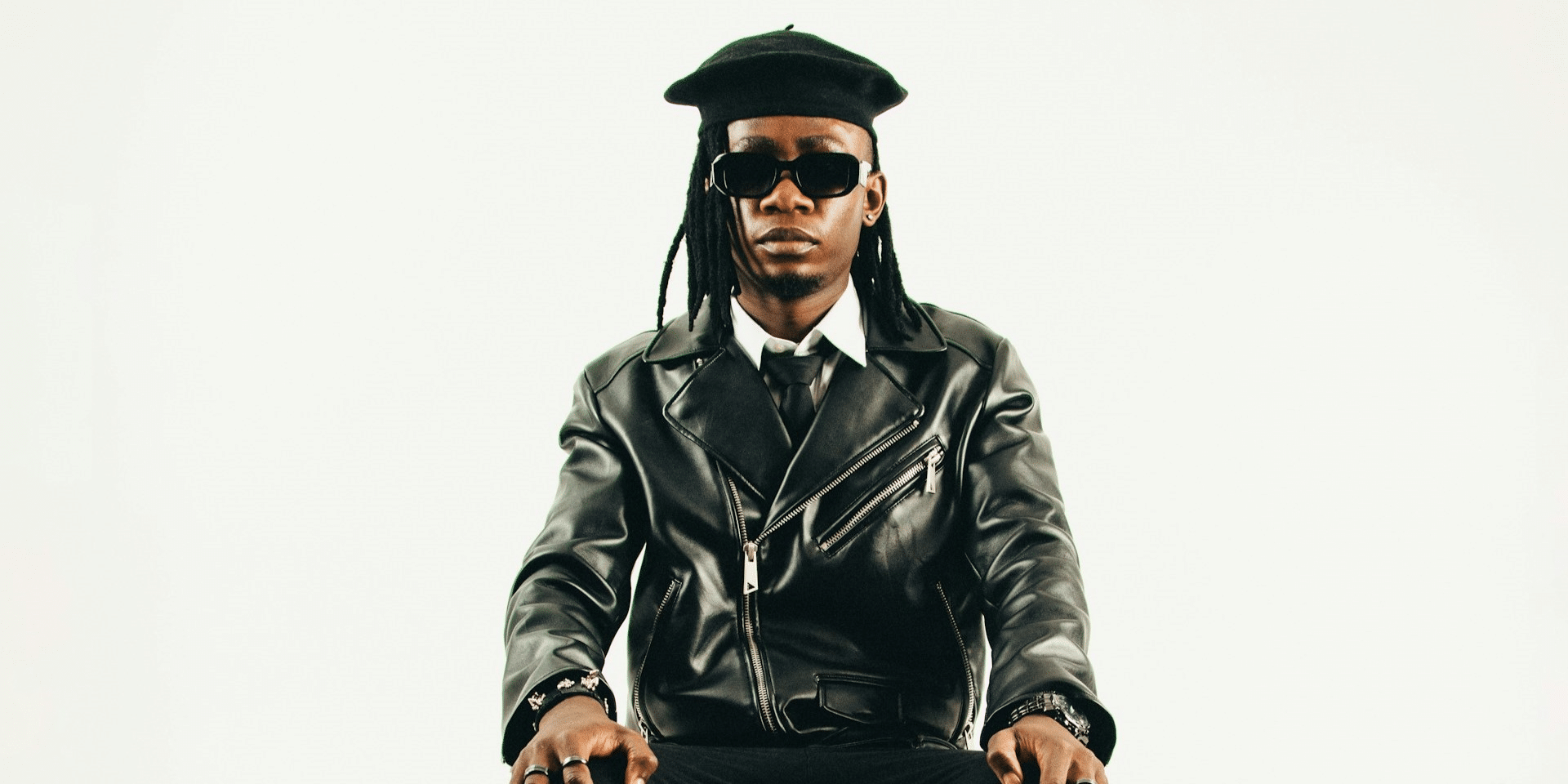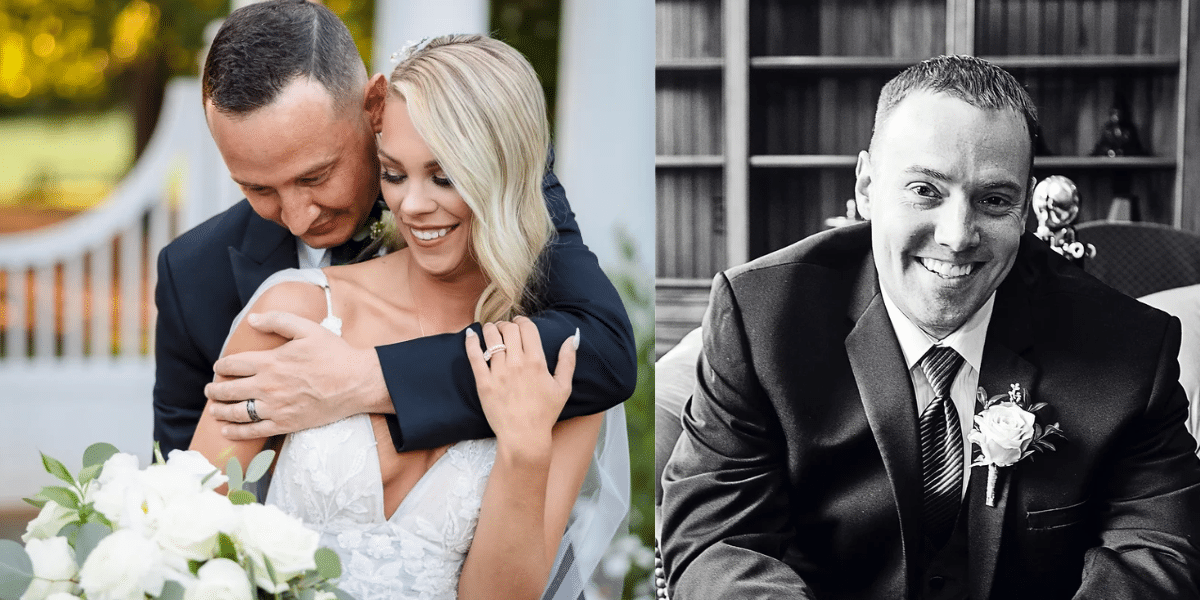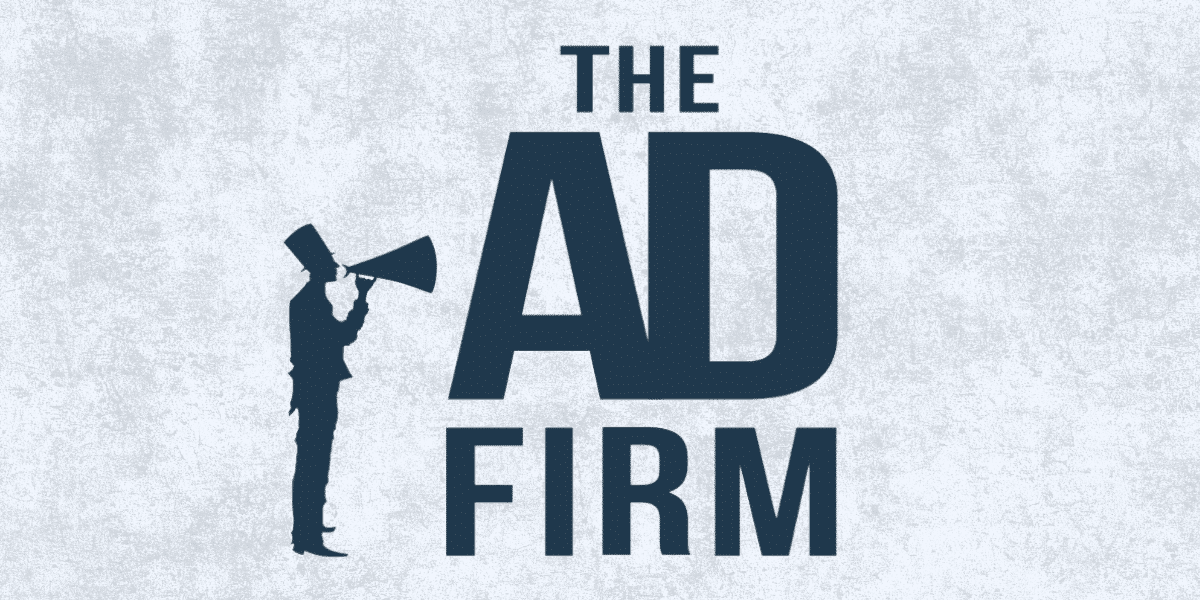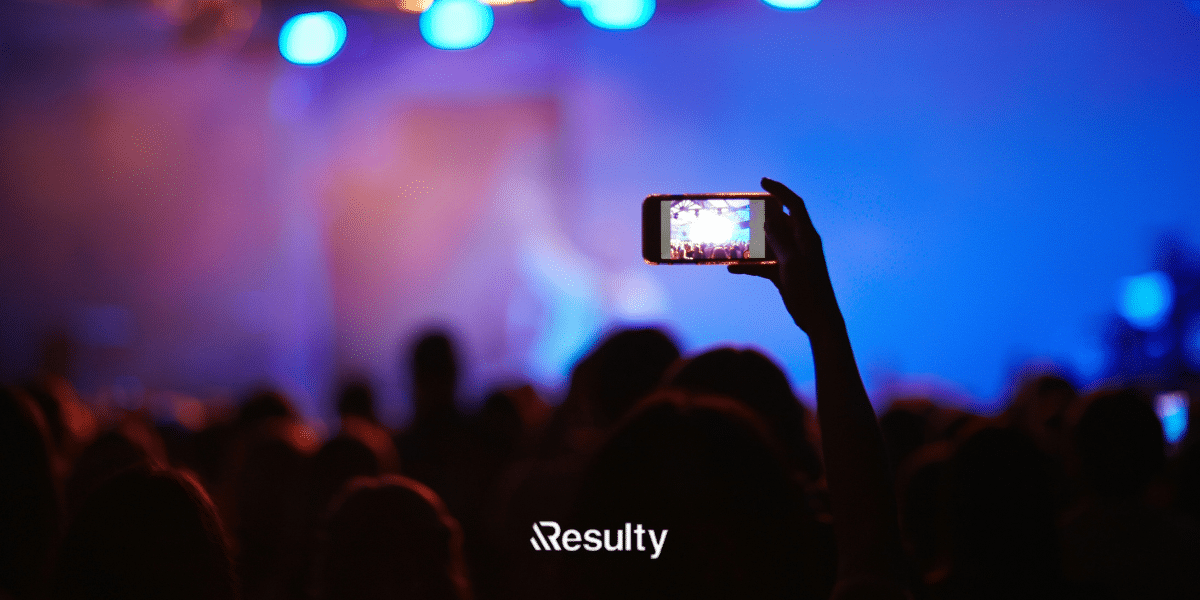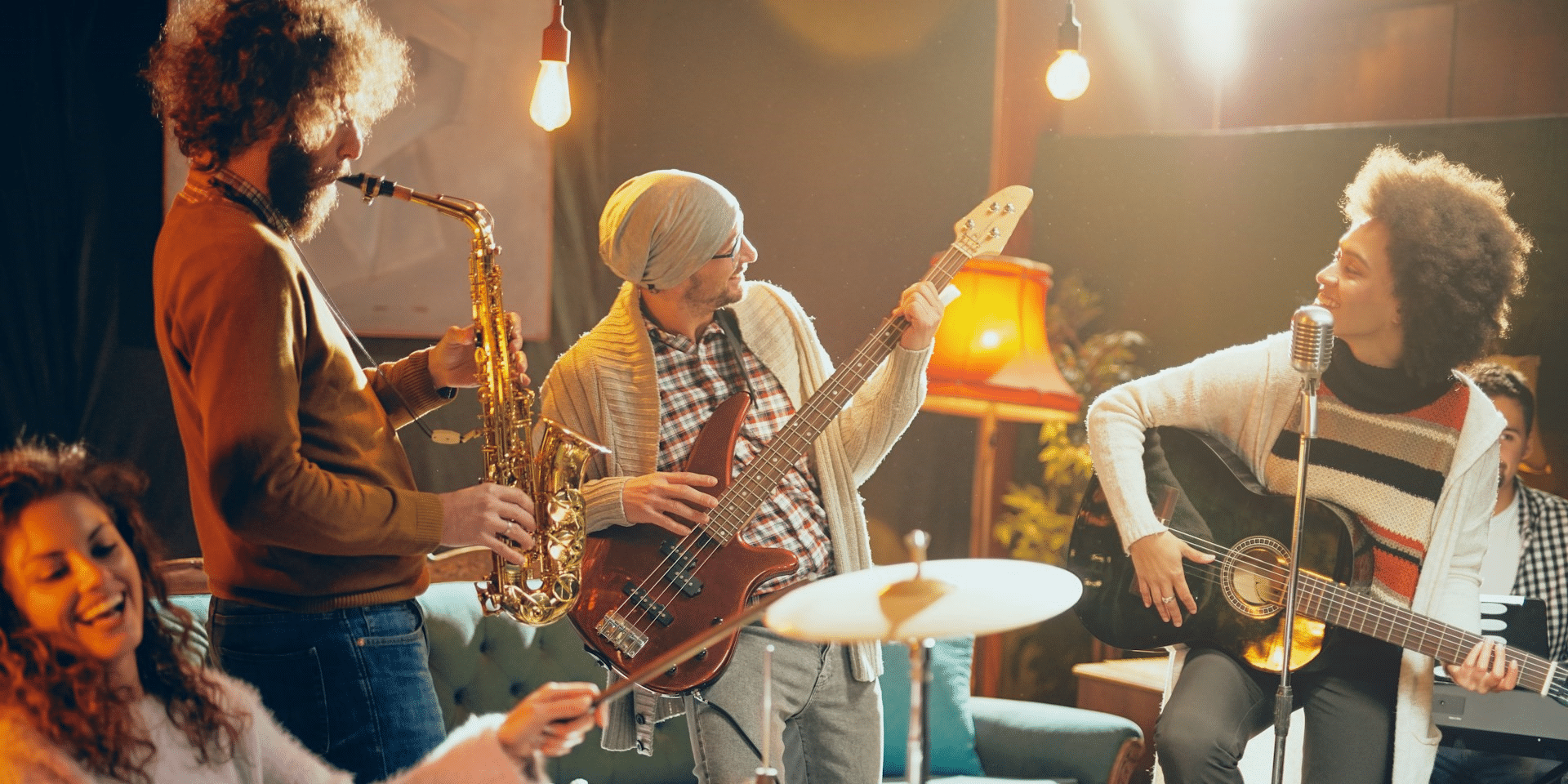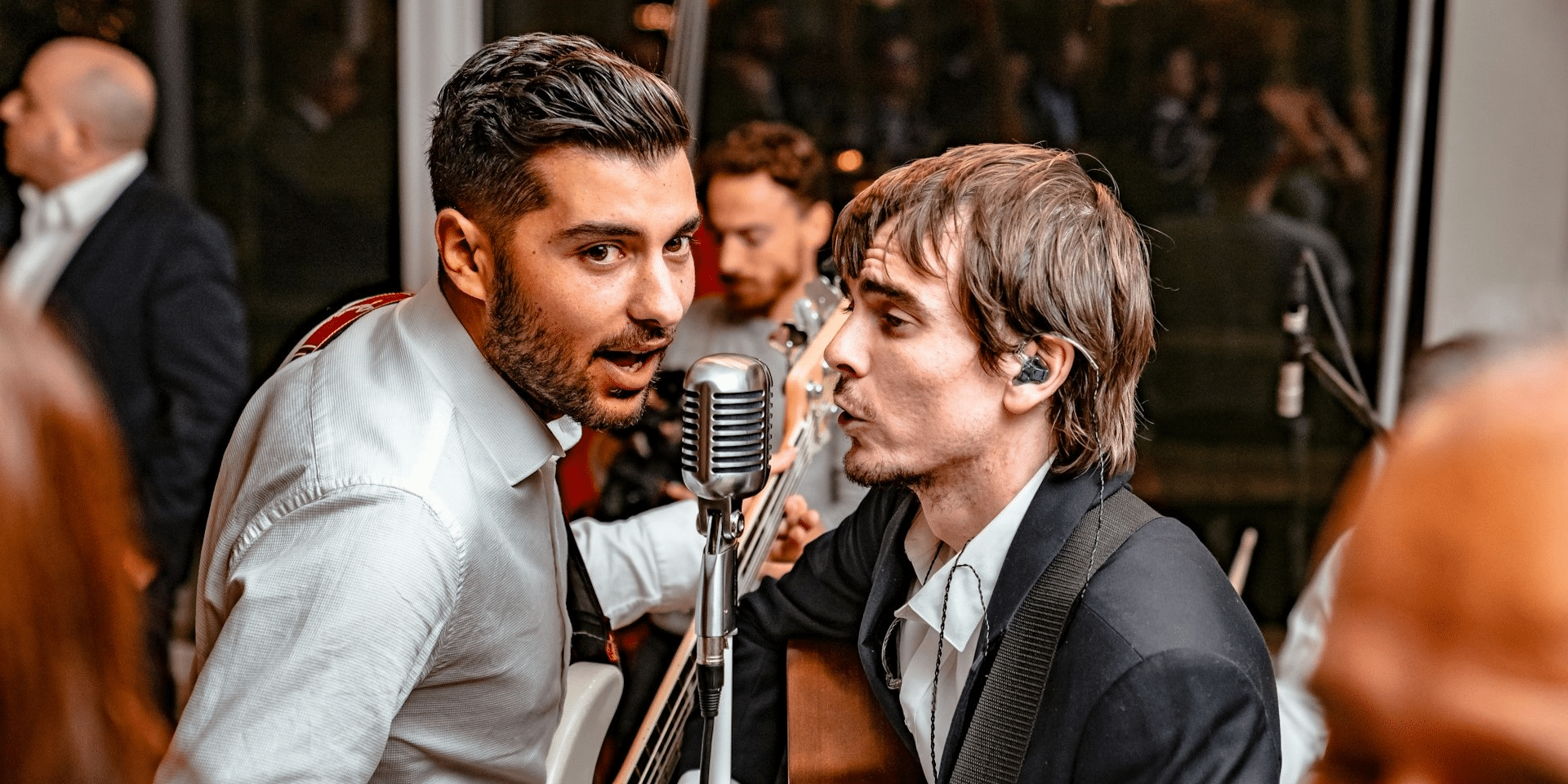Music. It’s the universal language, the rhythm of our lives, and sometimes, the microphone for the unheard. For centuries, musicians have wielded their influence to shine a light on social issues, using their melodies and lyrics to spark conversation and inspire change. Let’s delve into the ways musicians weave these issues into their music, the impact it has, and the reasons why they choose to rock the mic for what they believe in.
Soundtracking the Struggles: Giving Voice to the Voiceless
Imagine a world where the only narratives told are by the privileged few. A world muted to the experiences of the marginalized. That’s what society can become without music amplifying unheard voices. Music fills a vital space by giving voice to the struggles of social issues.
Think about how Kendrick Lamar’s “Alright” became an anthem for the Black Lives Matter movement, a song that rapped about the frustrations and anxieties faced by Black communities in America. Or how John Lennon’s “Imagine” painted a powerful picture of a world without war and poverty, a song that resonated with people yearning for peace and equality. Music fosters empathy, allowing listeners to step outside their shoes and understand the challenges faced by others. It humanizes the struggles embedded in social issues.
From Harmony to Action: Music as a Catalyst for Change
Music isn’t just about raising awareness; it can be a powerful call to action. Musicians can ignite movements and protests, urging listeners to get involved and fight for a better world. For instance, the folk songs of the Civil Rights Movement, like “We Shall Overcome,” became rallying cries for equality.
Decades later, Green Day’s “American Idiot” became a punk rock anthem against political apathy, a song that urged young people to question authority and fight for their beliefs. Even more recently, songs like “Born This Way” by Lady Gaga became a beacon of hope and acceptance for the LGBTQ+ community. Music has the power to move people from contemplation to action on social issues.
The Mic Drop: Challenges of Speaking Out
Taking a stand on social issues isn’t always easy for musicians. They can face backlash from fans who disagree with their message, or even boycotts or censorship. For example, the Dixie Chicks faced immense criticism for their comments against the Iraq War, with some radio stations even refusing to play their music.
Despite the potential negativity, many musicians believe the importance of their message outweighs the risks. Their music becomes a form of activism, a way to leverage their platform to push for positive change. Even if they don’t see immediate results, they can plant seeds of doubt about the status quo and inspire others to get involved. Artists like Bob Dylan, who used his folk music to advocate for social justice, understood that change is a marathon, not a sprint.
The Enduring Power of Music
So, why do musicians choose to take on the challenge of addressing social issues? Many feel a responsibility to use their platform for good. Music has the unique ability to connect with people on a deep emotional level, transcending language and cultural barriers. A song can spark a conversation about a difficult social issue, offer solace to those who are struggling, or simply plant a seed of hope for a better tomorrow. When artists infuse their music with social issues, they create a powerful tool that can educate, inspire, and ultimately, make a difference.
Social issues are constantly evolving, and musicians will undoubtedly continue to play a vital role in raising awareness and advocating for change. They are the storytellers of our generation, using their music to challenge the status quo and fight for a more just and equitable world.

